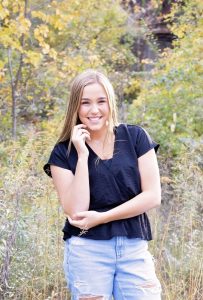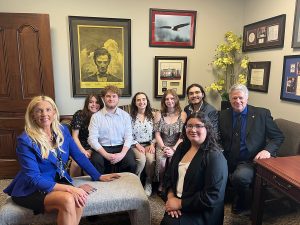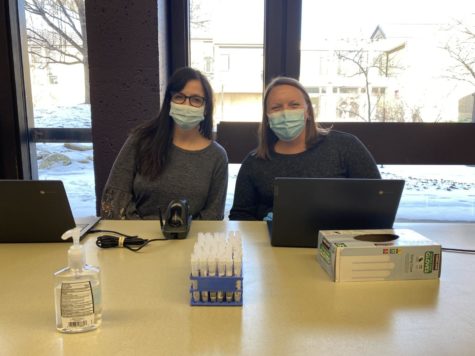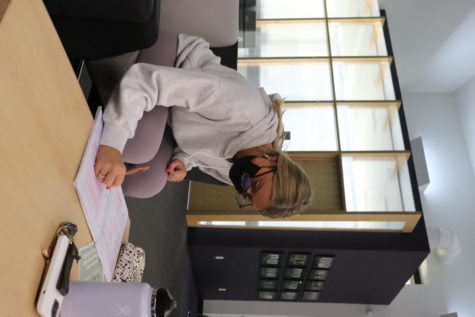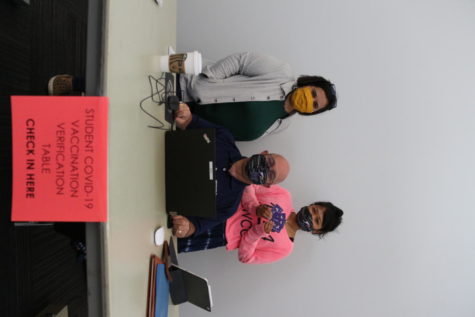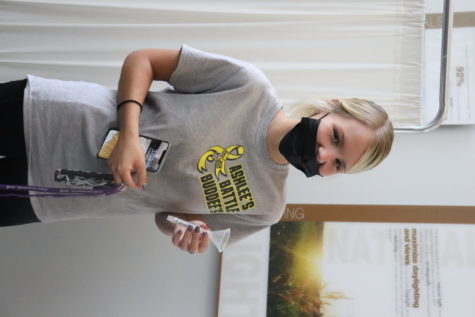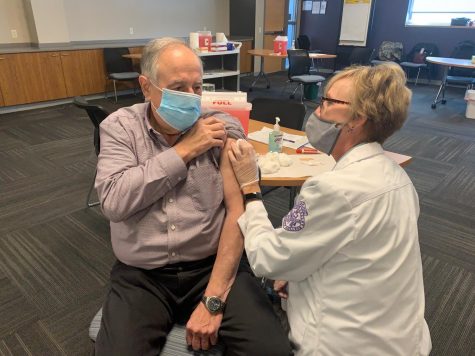How COVID-19 Has Affected Students’ College Decisions
August 27, 2020
As Summer quickly transitions to Fall, colleges and universities around the United States are questioning how to reopen safely due to the continuous spread of the coronavirus disease.
The coronavirus, also known as COVID-19, has taken the country by storm as there are 5,643,812 cases along with 175,651 deaths in the U.S. as of Aug. 23, 2020 according to the CDC website. The CDC website also indicates that the first known case of COVID-19 occurred in February of 2020 with all 50 states reporting cases by mid-March.
With colleges and universities reopening this fall, many considered whether to continue with in-person classes, switch to online completely, or introduce a combination of both in-person and online.
According to The Chronicle of Higher Education and College Crisis Initiative at Davidson College, four-year public colleges/universities are primarily online for the fall semester while four-year private nonprofit colleges/universities are mainly in-person with guidelines and regulations to promote safety. This source looked into 3,000 higher-education institutions to examine their plans of reopening campuses. Also, most two-year public and private nonprofit colleges are either primarily online or their plans were to be determined as of July 29, 2020.
Due to the many uncertainties COVID-19 has brought, first-year college students had to make swift decisions regarding their college/university plans for this fall.While many decided to continue their education at an in or out-of-state four-year school, others chose to stay home and attend local community colleges because of the unpredictability of COVID-19.
First-year Illinois Valley Community College student Keeton Kowalski planned to attend the University of Wisconsin-Madison this fall to double major in Engineering Mechanics and Astrophysics, but he ultimately decided to stay home and attend IVCC with a major in Aerospace Engineering.
Kowalski explained his decision saying, “I didn’t go to UW because of the uncertainty around how dorm life and city life is going to work this year. It’s also super expensive to go for only half the experience.” He also mentioned that he plans to transfer to UW next school year.
Haley Schmitz, another first-year Illinois Valley Community College student, had plans to study at Aurora University this fall semester, but ultimately came to the conclusion to attend IVCC.
When asked about her major and transition from AU to IVCC, Schmitz remarked, “When I was originally planning to attend AU, I was in General Health Studies and not exactly sure of my future occupation. I finally decided that Nutrition was what I really was passionate about and wanted to pursue. And since AU does not offer that major specifically, it made the transition to IVCC a little easier.”
Schmitz also added that due to her final decision of pursuing Nutrition and how the world and current college experience is so uncertain, she decided staying home was the best decision. She plans to now finish two years of school at IVCC, then transfer to Northern Illinois University to finish her next two years.
With the many uncertainties that lie ahead involving higher-education institutions, community colleges have now seen a rise in attendance for this school year such as Foothill College in California, Lake Tahoe Community College in California, Everett Community College in Washington and many more according to The Hechinger Report.

